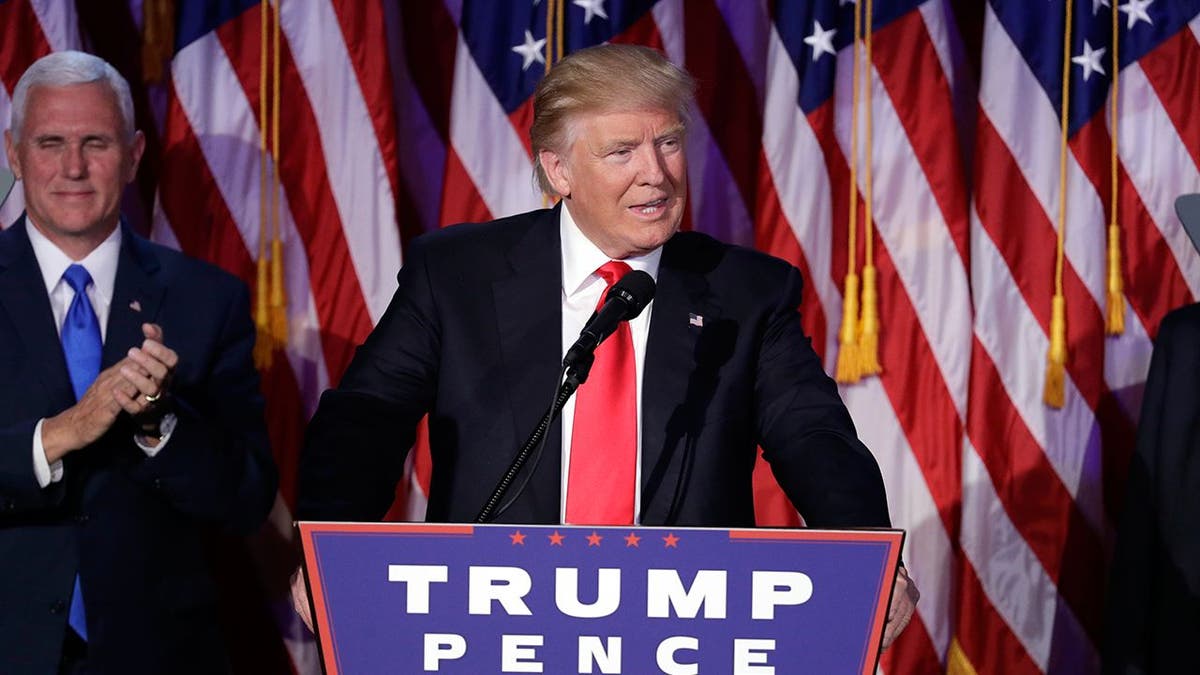
President-elect Donald Trump and the Republican Congress will have the votes to roll back huge swaths of the Affordable Care Act next year, which they have both pledged to do.
It’s impossible to know exactly what form the GOP’s health care platform will take. Trump released a health care plan during the campaign, while Republican leaders have been working on an Obamacare replacement for the last few years, as various legal threats put the law’s future in jeopardy.
Promising to repeal the most sweeping overhaul of the US health care system in a generation is one thing. But how? Here are three questions Republicans will have to answer.
What happens to the people covered by the ACA?
Upwards of 20 million people have gotten insurance coverage under the law, through private insurance purchased on its marketplaces, the expansion of Medicaid, and various provisions like the one that allows children to stay on their parents’ health plan until age 26. The nation’s uninsured rate is at a historic low.
The biggest question Trump and Republican leaders will face is what to do with them.
If the new government repeals the law’s marketplaces and the tax subsidies provided to help people pay for insurance, a substantial number of people would likely lose coverage. Republicans have long wanted to turn Medicaid into a block grant program, with each state receiving a fixed dollar amount and more freedom to structure the program to its liking, and many estimates believe that would also lead to reduced coverage.
What about the parts people actually like?
The requirement that people buy health coverage or face a fine is widely loathed, but many other parts of Obamacare are popular. People like being able to keep their kids on their insurance until they turn 26. They like that insurance companies can’t discriminate against people because of their health history. They like free preventive care and contraception.
Republican leaders have previously acknowledged that parts of the law are likely here to stay. Replacement plans worked up by House Speaker Paul Ryan have, for example, maintained the age-26 provision.
But after years of promising to repeal the law word for word, the GOP will have to figure out how to navigate the popular policies that have become embedded in the health care system since 2010.
How do Republicans make the health care system their own?
Obamacare had more layers than the political debate would lead you to believe. It changed how Medicare paid for hospital care. It created a public health fund intended for programs that would focus on preventing health problems instead of treating them. It established a federal agency designed to test new ways of delivering health care, which the Obama administration has used ambitiously (too ambitiously, according to some).
Republicans will now have their own chance to shape the health care landscape to their liking. They’ve been talking for a long time about allowing insurance to be sold across state lines or shoring up high-risk pools so sick people are still able to get some kind of coverage. They want to expand the use of health savings accounts and change how the tax code treats health insurance.
They believe those policies would help mitigate the losses from repealing the ACA’s coverage expansion.
But from there, it’s hard to know how ambitious Republicans will be. Some policy experts have speculated that they could keep the innovation agency and use it to their own ends, such as testing partially privatized Medicare.
Almost everything could be on the table when Trump is sworn in in January.







































